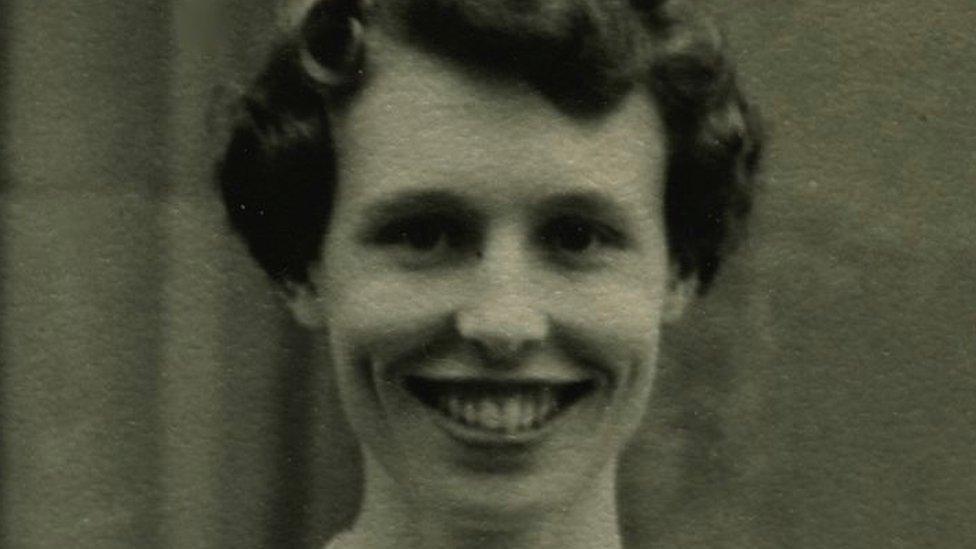Mystery of Australia's 'Somerton Man' solved after 70 years, researcher says
- Published
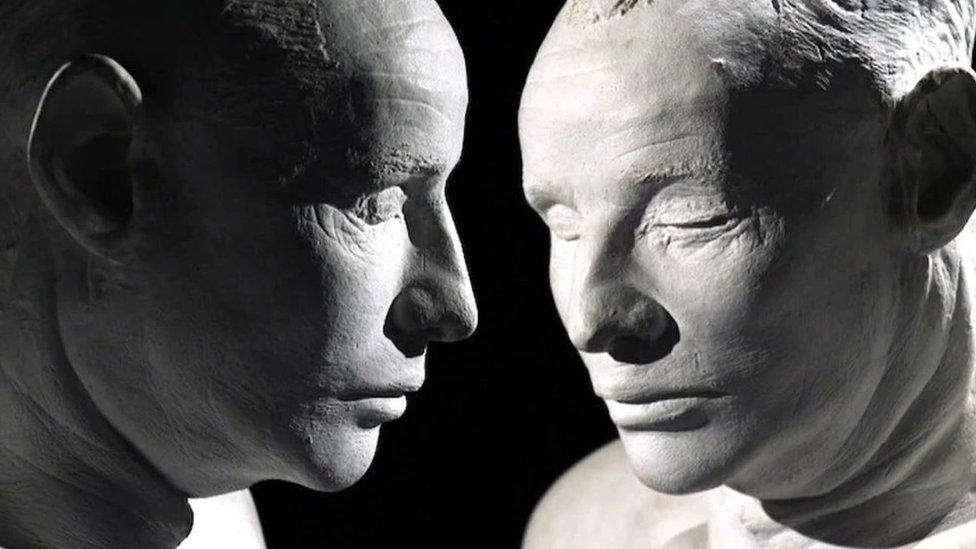
A plaster bust of the so-called Somerton Man
In 1948, the body of a well-dressed man was found slumped on an Australian beach.
A half-smoked cigarette was resting on his collar, and there was a line from a Persian poem in his pocket - but investigators had no idea who he was.
Theories abounded, including that the person - dubbed Somerton Man - was a spy.
But after more than 70 years, a researcher says he's solved the mystery - Somerton Man was Carl Webb.
And he was not a Russian agent, but rather a Melbourne-born electrical engineer.
South Australia Police have not confirmed the discovery but say they will comment soon.
Baffling mystery
Beachgoers found the body lying against a seawall on Somerton Beach in Adelaide on 1 December, 1948.
The man was dressed in a suit and tie, and appeared to be aged in his 40s or 50s.
In his pocket were bus and train tickets, chewing gum, some matches, two combs and a pack of cigarettes. He had no wallet, no cash, and no ID.
The tags on his suit had been cut off, and forensic examiners suspected he had been poisoned.
Other curious finds baffled authorities. They included a suitcase, more items of clothing with their labels removed, and incoherent writings believed to be a code.
He also held a torn scrap of paper with the Farsi words Tamam Shud - meaning "it's finished" - printed on it.
The Somerton Man's fingerprints were sent around the world, but no one could identify him.
And so he was buried in Adelaide cemetery in 1949 with a tombstone reading: "Here lies the unknown man who was found at Somerton Beach."
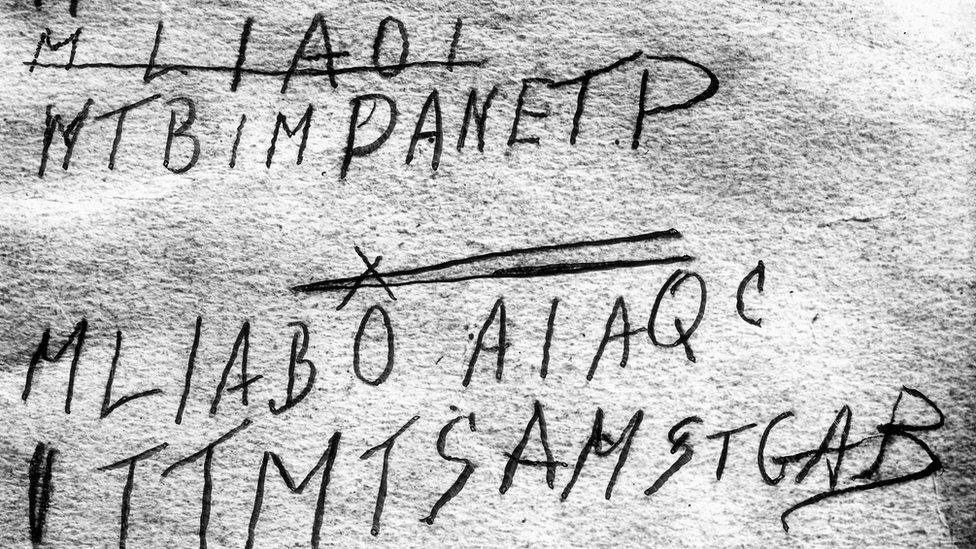
Investigators have never been able to decipher the code found in the man's book
The mystery man's remains were exhumed by police last year in a bid to solve the case.
But a professor at the University of Adelaide was on his own mission to crack it.
Derek Abbott was able to analyse the Somerton Man's DNA using hairs preserved when authorities made a plaster model of his face.
He teamed up with renowned US forensic expert Colleen Fitzpatrick - who specialises in cold cases - to build an extended family tree using the DNA.
And from 4000 names, the pair narrowed it down to one - Carl Webb. They then tracked down the man's living relatives, using their DNA to confirm his identity.
"It's a triangulation from two different, totally distant parts of the [family] tree," Prof Abbott told the Australian Broadcasting Corporation.
Of the discovery, he said: "It kind of feels like climbing Mount Everest, and having that mixture of elation that you're at the top, but also tiredness and exhaustion."
So who is Carl Webb?
According to Prof Abbott, Webb was born in 1905 in a suburb of Melbourne.
He was the youngest of six siblings and married Dorothy Robertson, known as Doff Webb. That's most likely what brought him to Adelaide, the professor said.
"We have evidence that he had separated from his wife, and that she had moved to South Australia. So possibly, he had come to track her down," he told the ABC.
Dr Fitzpatrick now wants to help solve the mystery of his death.
"I would like to see the toxicology done. And I would like to find out what happened to Dorothy," she told CNN.

You may also be interested in:
Who killed "Little Red Riding Hood"?
Related topics
- Published12 May 2020
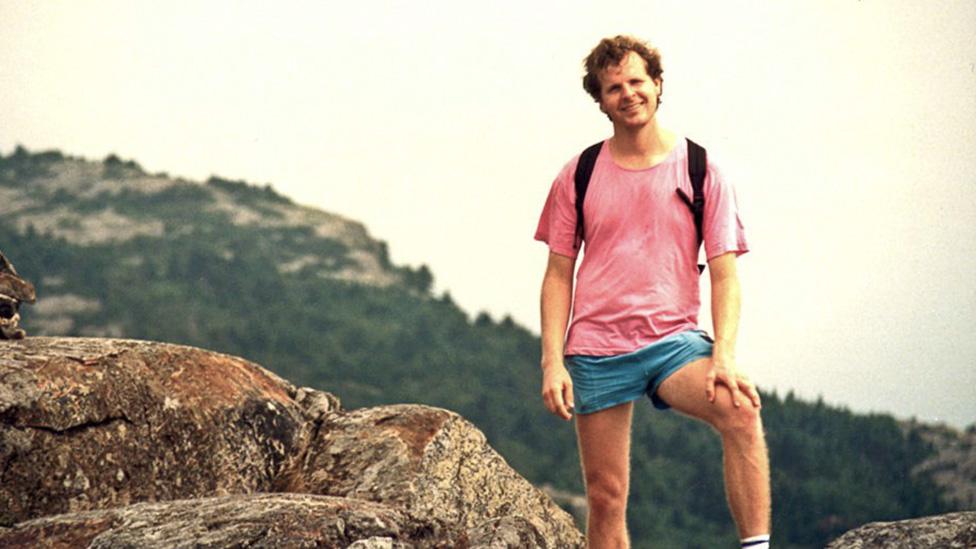
- Published2 May 2019
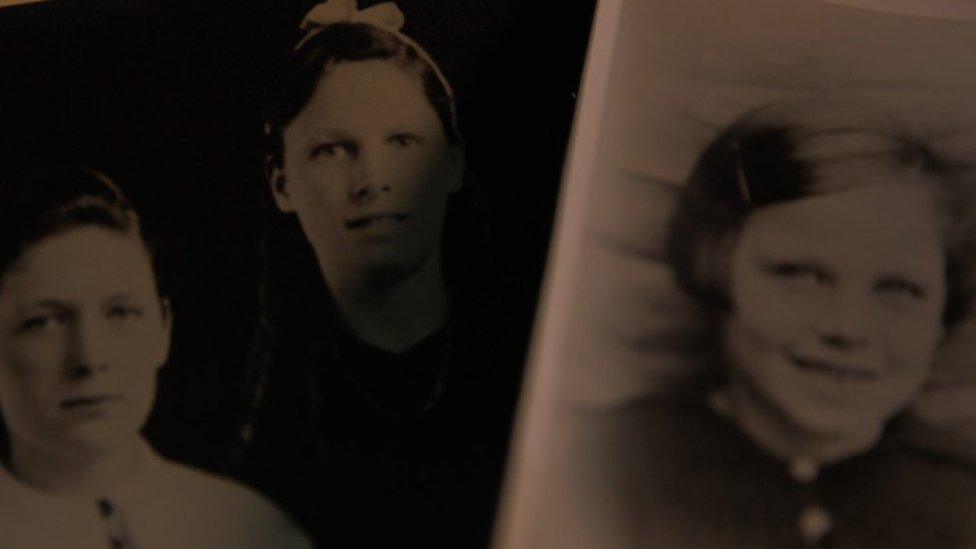
- Published15 July 2022
